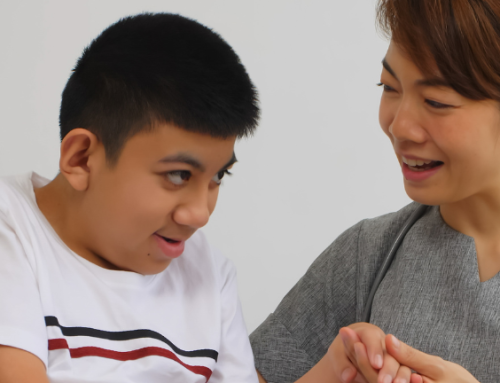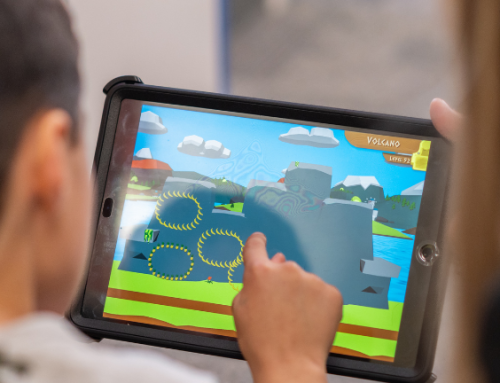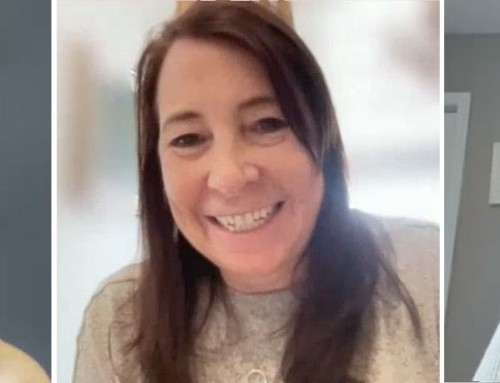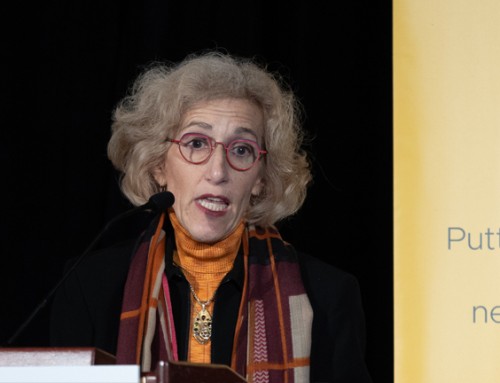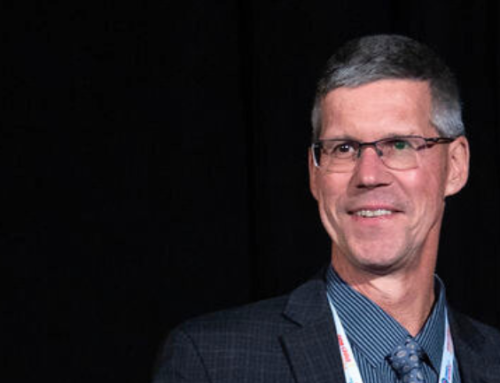When a child receives a diagnosis of Fetal Alcohol Spectrum Disorder (FASD), families often don’t know where to turn and struggle to find supports that are FASD informed. The Fetal Alcohol Resource Program exists to change this.
The program was established in 2015 as a community-based collaboration involving Citizen Advocacy Ottawa (now ABLE2), the Children’s Aid Society of Ottawa, the Children’s Hospital of Eastern Ontario, and Kids Brain Health Network. The goals of the program were to play a navigator role by connecting individuals and families living with FASD to existing supports and services in their community, and to offer professional consultations and customized workshops to train people on FASD across many sectors, including housing, education, justice, and mental health.

The Fetal Alcohol Resource Program is a prime example of what can happen when partners come together with a common objective,” says Dr. James Reynolds, Chief Scientific Officer of Kids Brain Health Network (KBHN), who was instrumental in getting the program off the ground. “This started as a parent identified need that was picked up by community organizations to deliver the program, which was co-funded by KBHN.”
When the program first launched it supported families exclusively in Ottawa. In 2018, FARP partnered with the Children’s Hospital of Eastern Ontario to deliver the Ontario FASD Worker Program and expanded its services to Prescott Russell and Stormont, Dundas and Glengarry.
FARP has trained over 6,800 people including health practitioners, professionals, and frontline service providers, and has supported over 700 families.
“What makes the Fetal Alcohol Resource Program unique is there’s a team of us who respond to the individual needs of each child and family,” says FARP Program Manager Manon Kelso. “When I’m the caseworker for a family, there are four other people who I consult and brainstorm with to come up with ideas.”
One of the families Kelso worked with has three children who need various levels of FASD support. When their oldest child Mackenzie was 17, Kelso helped her find a part-time job and investigate post-secondary education options. Mackenzie was interested in auto mechanics, and Kelso was able to find a mechanics program that offered intensive learning supports and hands-on cooperative learning. Kelso also supported Mackenzie when it came to filling out program applications and budgeting for school.
“Having a connection and close relationship with Manon, who Mackenzie knew and trusted and who understood how she learns and processes information, was and continues to be incredibly important for Mackenzie,” says her mother, Tracy.
Since each child’s needs are so variable, the FARP team provides many avenues of support. In some instances, they work with schools to ensure a child has an appropriate individualized education plan in place. Other times, they work with the justice system to make sure a person living with FASD receives an appropriate probation order. FARP also helps families find supportive housing for their children, and guides families to FASD diagnostic clinics, as well as other FASD-informed supports in the community such as summer camps.
FARP faced a major challenge when the COVID-19 pandemic forced many essential services to shutter overnight. Research supported by KBHN has informed their service delivery over the past two years to ensure their family support was still available as children’s mental health needs increased and families struggled to cope.
FARP’s ongoing success proves that with continued support from KBHN and other funders, this model has the potential to expand beyond eastern Ontario to help more families in need.
“FARP plays a vital role in keeping families together by providing pathways to support for children with FASD and their families,” says Dr. Reynolds.
With support from KBHN, the program is working on a blueprint that will serve as a guide for other organizations seeking to create a similar program for their local community.
“FARP is great at what we do, but we need more people to bring into the FARP village,” says Kelso. “We need more people to be able to refer our families to that are informed and know how to support these children effectively. My hope is to see this program expanded across Canada very soon.”
To learn more about the equine assisted learning program, please contact Kindred Farm Rescue in North Gower, Ontario: http://kindredfarmrescue.com/
To learn more about receiving FASD support if you live in eastern Ontario, please contact the Fetal Alcohol Resource Program: https://www.able2.org/programs/fetal-alcohol-resource-program/
To learn more about FASD, please visit the CanFASD website: https://canfasd.ca/
You can read more about a family’s story with the Fetal Alcohol Resource Program and discover Alex’s story.
You can read more about the Fetal Alcohol Resource Program



